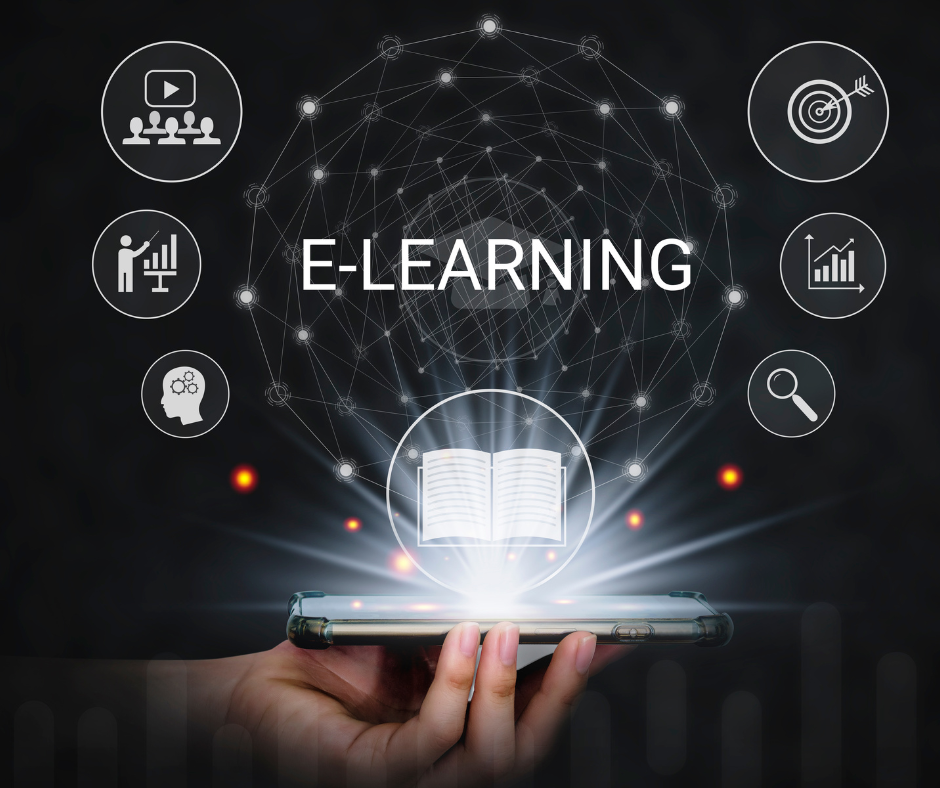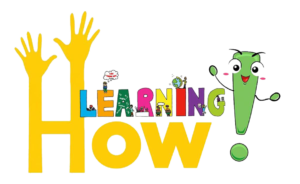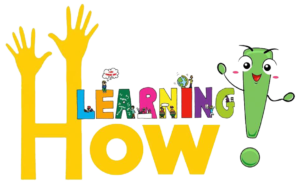The Importance of Digital Literacy in the 21st-Century Classroom

The Importance of Digital Literacy in the 21st-Century Classroom
Navigating the Digital Landscape: Embracing Digital Literacy in Early Education
In today’s rapidly evolving world, digital literacy has become a fundamental skill for success in the 21st century. As technology continues to shape our lives, it is crucial for young learners to develop digital literacy skills from an early age. In this article, we will explore the importance of digital literacy in the 21st-century classroom and discuss how it empowers young children to navigate the digital landscape responsibly and confidently. Join us as we dive into the world of digital literacy and discover the exciting possibilities it offers for early education.
Why Digital Literacy Matters: Preparing for a Digital Future
Digital literacy encompasses a range of skills that enable individuals to find, evaluate, use, and create information using digital technologies. It goes beyond the basic use of devices and explores critical thinking, problem-solving, communication, and creativity in a digital context. By fostering digital literacy in early education, we equip young children with the essential skills they need to thrive in a digital future.
Exploring Digital Tools: A World of Learning at Their Fingertips
Digital literacy opens doors to a vast array of educational resources and interactive tools. Young learners can engage with educational apps, interactive websites, and multimedia content that bring learning to life. For example, they can explore virtual museums, conduct virtual science experiments, or engage in interactive storytelling experiences. These digital tools enhance engagement, foster curiosity, and provide unique learning opportunities that go beyond traditional methods.
Promoting Critical Thinking: Evaluating Information in the Digital Age
In today’s digital age, it is essential for children to develop critical thinking skills to navigate the vast amount of information available online. Digital literacy empowers young learners to evaluate the reliability and credibility of online sources, discerning between factual information and misleading content. By teaching children how to question, analyze, and verify information, we enable them to become critical consumers of digital media.
Digital Citizenship and Online Safety: Nurturing Responsible Digital Behavior
Digital literacy encompasses responsible digital citizenship and online safety. It teaches young children about the importance of privacy, appropriate online behavior, and respectful communication. By fostering a culture of digital ethics and safety, we empower children to navigate online spaces confidently while understanding the potential risks and making informed choices.
Creativity and Digital Expression: Unlocking Creative Potential
Digital literacy encourages young learners to express their creativity through digital tools. Whether they are designing artwork on a digital canvas, creating digital stories, or coding interactive projects, digital literacy provides a platform for children to unleash their imagination and explore new ways of expression. It nurtures their problem-solving skills, encourages innovative thinking, and fosters a sense of ownership over their creations.
Empowering Young Learners in the Digital Age
In a world driven by technology, digital literacy is an essential skill for young learners. By embracing digital literacy in early education, we equip children with the tools they need to thrive in the digital landscape, fostering critical thinking, creativity, responsible digital citizenship, and a lifelong love for learning. Let us embrace the exciting possibilities of digital literacy and empower our young learners to become confident, capable, and responsible digital citizens.





 The Need for Diverse Learning Experiences
The Need for Diverse Learning Experiences 



Leave a Reply
Want to join the discussion?Feel free to contribute!